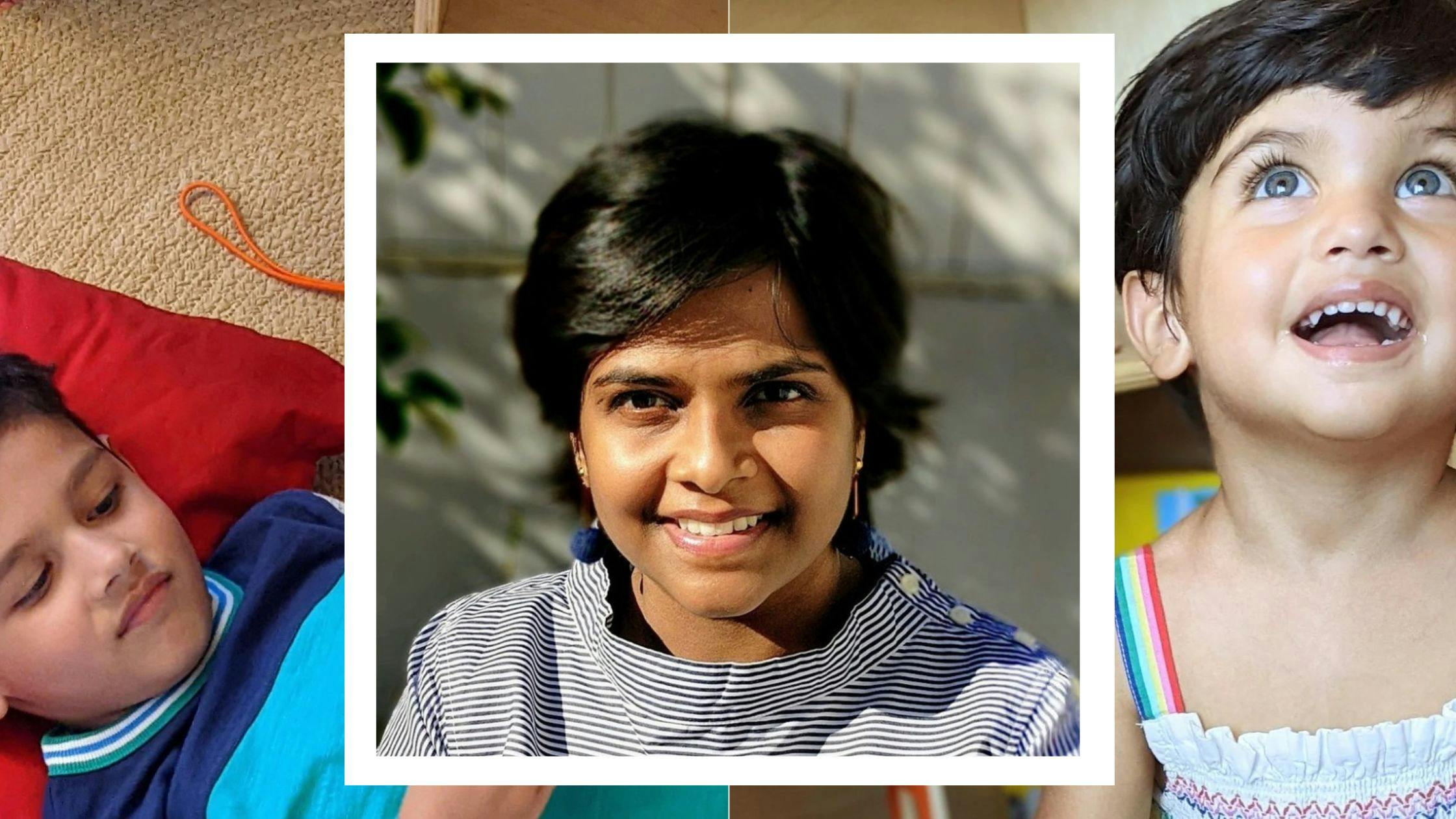
We interview small business owners balancing sustainability with running a successful business venture. We discuss all things small business ownership, sustainable innovation, corporate social responsibility, and the lessons learned.
We had the pleasure of speaking with Nadisha Silva—founder of the alternative toy company Tide Pool Play. Rather than buying new toys that inevitably end up in the landfill, Tide Pool Play allows parents to borrow toys for children ages 0-5, delivered straight to their doorstep.
We spoke with her about her inspiration for her journey in sustainable entrepreneurship and her company's impact on providing parents with eco-friendly choices.
Here's an excerpt of our conversation:
Why did you start your own business? What was your motivation?
Nadisha: "I started this business to provide climate-conscious parents like myself with an alternative when it came to owning toys. It was difficult to accept how wasteful our lives had become as parents with young children. Everything from feeding and diapering to clothing and toys for babies and toddlers was disposable or felt disposable in nature, given the short periods of use.
Baby and toddler toys, in particular, are often gifted, and [gifts are] bought in abundance only to be purged when it’s time to make space for new ones. Realizing that the cycle of buying, storing, and purging was a common struggle for many parents motivated me to find a solution."
How is your business contributing to environmental sustainability?
Nadisha: "The proximate goal is to give parents the option to access high-quality toys through a toys-as-a-service model, removing the need to own them. With this approach, we are removing the time-consuming downsides of toy ownership for parents. Shifting to this kind of lifestyle lets parents choose convenience and the planet.
Reuse remains the most effective means of reducing the carbon footprint of anything made, as ~60% of the item’s carbon footprint is created during manufacturing. The majority of toys parents have to get rid of find their way to landfill even if the items are in good condition.
Making it possible to send back toys once they aren’t being played with extends the life cycle of a toy by 5-6X on average, which then creates a real dent in the carbon footprint of that toy."
Why is environmental sustainability important to you as a small business owner?
Nadisha: "We live in a time where we’ve overshot the planet's natural resources. According to the WWF, we are estimated to have used up 12 months of resources this year by August 1st. While science, technology, and innovation strive to bridge this gap, it cannot be achieved without the billions of individual commitments by all of us to live within Earth’s limits.
It is overwhelming to know that places on this planet are changing irreversibly and that our children will experience a harsher planet. My mission and contribution from the business is to help families transition their behavior from one that is consumption-oriented to one that focuses on the experience. This kind of mindset, I think, will reduce our need to own not just toys but most of what we accumulate."
What other values are crucial to your business?
Nadisha: "Optimism and reinforcing that the small changes a parent/customer makes matters. We try to provide parents and grandparents a simple metric of the number of toys they prevented from being purchased and how many times they were shared."
If you could get 85% of the world to adopt a single behavior, what would it be?
Nadisha: "To own experiences and not stuff - it frees us up as individuals and preserves the planet."
For many people, children's toys aren't the first thing that comes to mind when one considers sources of global waste. Entrepreneurs like Nadisha find and develop unexpected ways for consumers to make sustainable choices that we truly need more of!
Say hi to Nadisha from Tide Pool Play!


